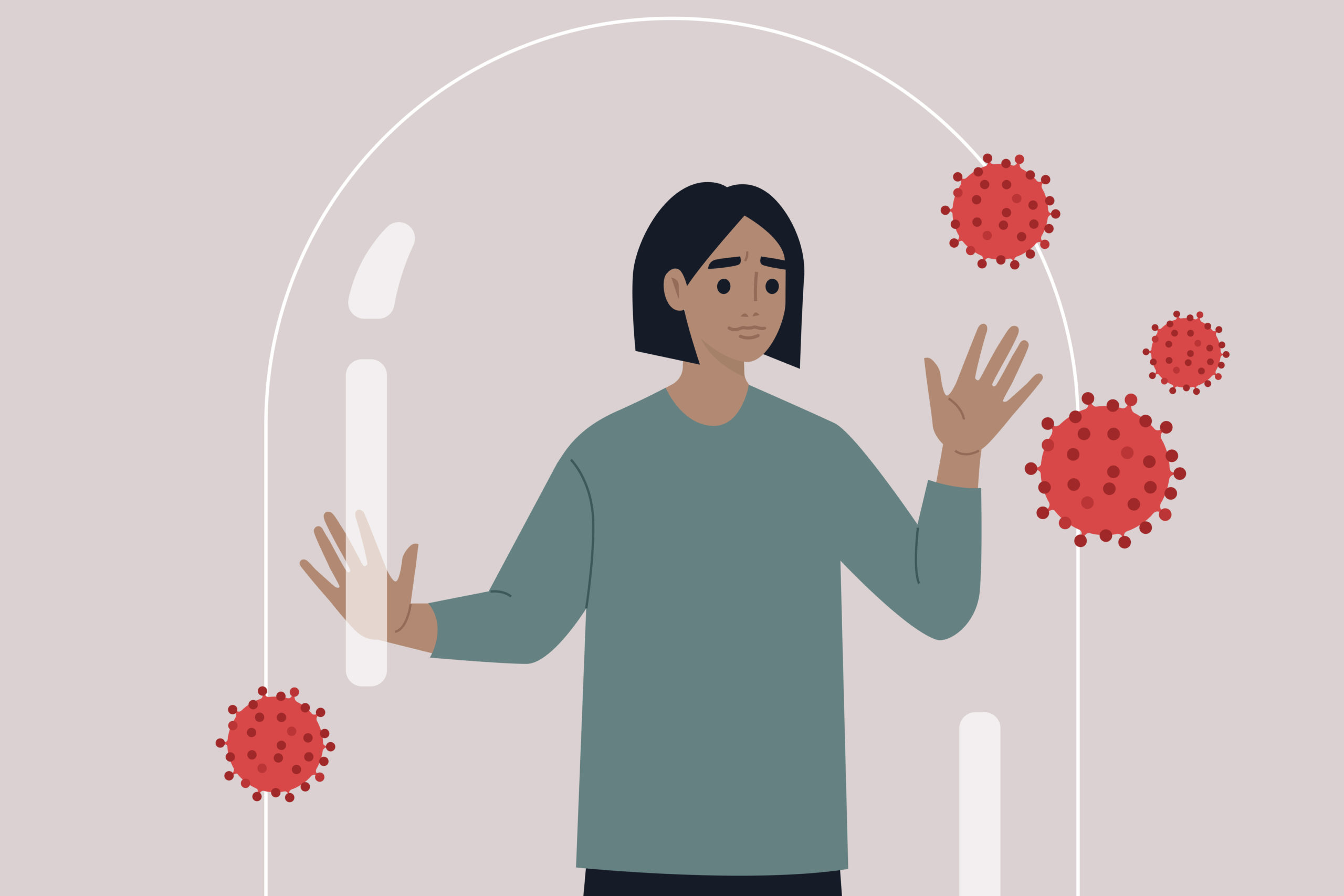Ever wake up feeling tired with aches and pains? Most of us do as we get older and the ageing process affects us more and more. The good news is that new research shows that we can reduce its impact by addressing the root causes of the ageing process. Chronic inflammation is the top of the ageing list, scientists have discovered. It’s a process which is often self-induced and can be reversed through a healthy lifestyle.
So, What Is Inflammation?
There are two types of inflammation. There is the good, that protects you and the bad, that causes illness.
Acute inflammation is your bodies defence mechanism. It’s a short term process that occurs when our body responds to cuts or tissue damage and its characterised by pain, redness, immobility, swelling and heat. All in all, its a good thing for our body as it helps us heal.
Chronic inflammation in contrast can lead the cells attacking healthy tissues and organs. It’s often the cause for fatigue and digestion complications such as constipation, bloating or diarrhoea, and weight gain or joint pain.
Chronic inflammation can affect the whole body or a specific part of it. It’s a major cause of conditions like asthma, sinusitis, chronic ulcers may lead to diseases such as rheumatoid arthritis, cancer, heart disease, Crohn’s disease and diabetes. It is also often the cause of fatigue and digestion complications constipation, bloating or diarrhoea, and weight gain and/or joint pain. It can affect your health at any age and is involved in most age-related diseases and declining health.
How Can We Reduce Inflammation Related Ageing?
We can all benefit from reducing chronic inflammation. The best place to start is by adopting a healthy lifestyle, especially making healthy food choices. Here are best ways to reduce inflammation:
Inflammation and Food
Reducing processed foods , like white bread, white rice and pastries, sugary drinks, deep-fried food, red meat, processed meats and alcohol can all help stop inflammation. Your body can handle a certain number of oxidants from food but if we overeat on some food, our bodies cannot cope and triggers an inflammatory response.
Eat an anti-inflammatory diet filled with fresh foods like green leafy vegetables spinach, kale, salmon, mackerel, tuna, strawberries, blueberries, apples, grapes, oranges, cherries, almonds and walnuts and olive oil. These will stave off inflammation.
Coffee and tea contain anti-inflammatory compounds so you can keep them in your diet in moderation.
Exercise and Recover
Exercise is an excellent way to reduce inflammation, unless you over do it. Try to be active every day. Cardiovascular exercise is the best way to reduce overall inflammation. Try brisk walking mixed with 30 to 45 minutes of aerobic exercise a few times a week. Ideally this would be combined with weight or resistance training.
While gentle to moderate exercise reduces inflammation, we can create acute inflammation in our muscle tissue when we have a tough workout. When you have worked your muscles hard you need to give them time to repair and grow. If you do not take rest days it can cause chronic inflammation in your body over time.
Reduce Stress Levels
The body’s physical response to stress is inflammation. The chemical that is released when you are stressed increase inflammation in your body and can cause a number of diseases.
Regular practice of yoga and meditation has been found to lower levels of cortisol and decrease inflammation. Other techniques include walking outdoors, talking, journaling, relaxing in a calm environment and spending time with nature.
Home Remedies to Fight Inflammation and Pain
There are a few home remedies you can take to help with inflammation including:
The bottom line is that with a few small changes and a healthier lifestyle, we can all reduce inflammation and the pain associated with it.





